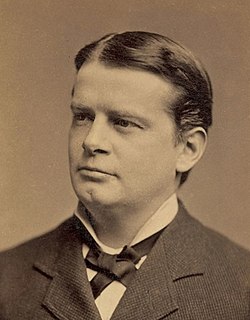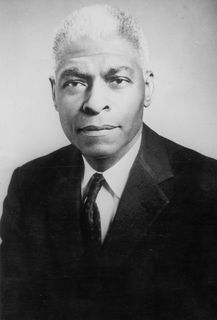A Quote by John Sergeant Wise
However the Southern man may have been master of the negro, there were compensatory processes whereby certain negroes were masters of their masters' children.
Related Quotes
His master’s pain was his pain. And it hurt him more for his master to be sick than for him to be sick himself. When the house started burning down, that type of Negro would fight harder to put the master’s house out than the master himself would. But then you had another Negro out in the field. The house Negro was in the minority. The masses—the field Negroes were the masses. They were in the majority. When the master got sick, they prayed that he’d die. If his house caught on fire, they'd pray for a wind to come along and fan the breeze.
There were always more Negroes in the field than there was Negroes in the house. The Negro in the field caught hell. He ate leftovers. In the house they ate high up on the hog. The Negro in the field didn't get nothing but what was left of the insides of the hog. They call 'em "chitt'lin'" nowadays. In those days they called them what they were: guts. That's what you were -- a gut-eater. And some of you all still gut-eaters.
Negroland is my name for a small region of Negro America where residents were sheltered by a certain amount of privilege and plenty. Children in Negroland were warned that few Negroes enjoyed privilege or plenty and that most whites would be glad to see them returned to indigence, deference and subservience.
Modern masters of science are much impressed with the need of beginning all inquiry with a fact. The ancient masters of religion were quite equally impressed with that necessity. They began with the fact of sin-a fact as practical as potatoes. Whether or not man could be washed in miraculous waters, there was no doubt at any rate that he wanted washing.
We rarely hear, it has been said, of the combinations [that is, unions or colluding organizations] of masters, though frequently of those of workmen. But whoever imagines, upon this account, that masters rarely combine, is as ignorant of the world as of the subject. Masters are always and everywhere in a sort of tacit, but constant and uniform combination, not to raise the wages of labor above their actual price.


































